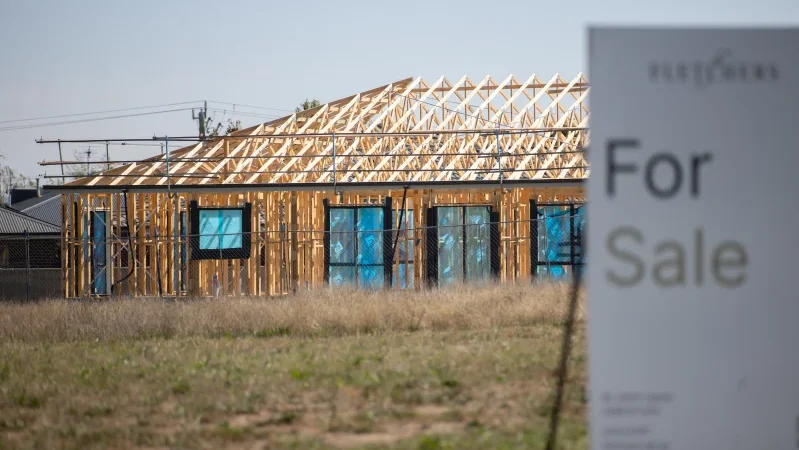In some parts of Australia, owning a house has been more profitable than holding down a full-time job — at least on paper.
While Sydney and Melbourne saw modest property price increases over the past year, many homeowners in those cities earned more from their jobs than from their properties. But in Perth, it’s a different story — homes have appreciated so much in value that they’ve outpaced the average annual income.
New data from Ray White reveals that Perth is currently leading the housing market surge, with property values jumping by more than $95,000 in just 12 months — significantly higher than the average wage of $81,568. This is in contrast to cities like Melbourne, where house prices rose by just $13,805, and Sydney, where the gain was around $52,006 — both still trailing behind average salaries in those regions.
Brisbane and Adelaide also performed well, with house price growth closely matching the average income. However, across much of the east coast, the market is stabilising. Experts suggest that while interest rate cuts may support some price increases, it’s uncertain whether those gains will exceed personal income in the near future.
So, what’s driving Perth’s boom? A combination of limited housing supply, rising construction costs, and demand recovery following years of subdued performance. Chief economist Nerida Conisbee from Ray White explains that Perth is playing “catch up” after a long period of price stagnation following the mining downturn. With fewer homes available and construction delays, competition is heating up and prices continue to climb.
Meanwhile, Sydney and Melbourne have become more sensitive to interest rate changes, particularly in premium suburbs where housing affordability has become a significant challenge. As a result, property value growth in many high-end areas is now lagging behind wage increases.
Interestingly, this trend extends to regional areas as well. In regional NSW, house prices went up by about $26,712, while wages averaged $60,073. Similarly, regional Victoria saw only a modest increase in property values, with a typical rise of $11,920 compared to incomes around $62,300.
AMP chief economist Dr Shane Oliver cautions that while house prices are still increasing overall — driven by supply shortages and population growth — the pace is much slower than during the COVID boom. With the east coast already grappling with affordability concerns, Perth may face similar issues if price growth continues unchecked.
In short, your property might be making more money than you — but where you live in Australia makes all the difference.



